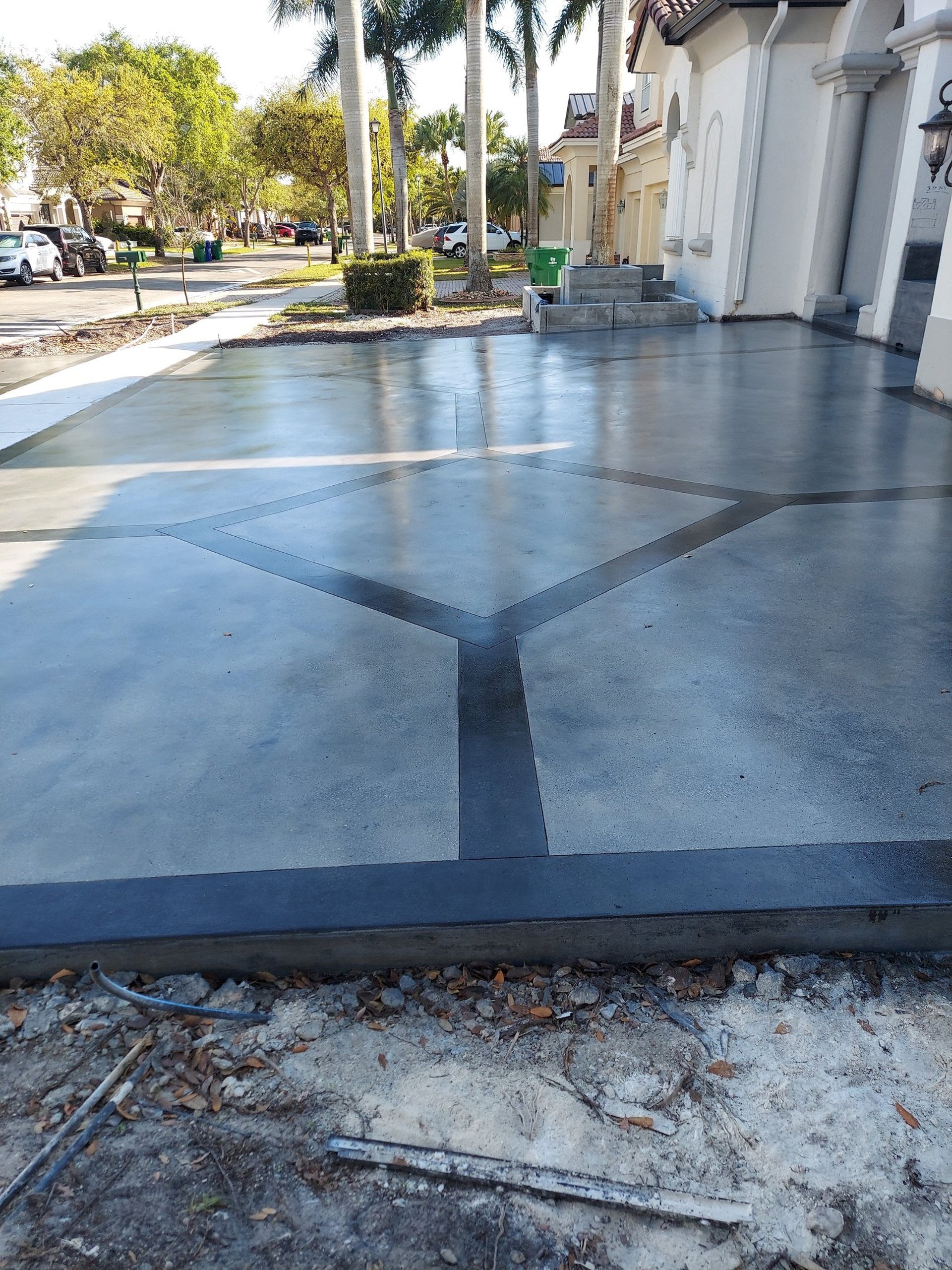Call us for a free estimate 786-523-9656
Pros and Cons of Concrete Countertops vs. Granite and Marble Countertops
As we journey through this guide, we'll delve into the distinctive traits of three celebrated countertop materials: Marble, granite, and concrete. We hope that this exploration will shed light on their unique features, aiding you in your decision-making process as you navigate the realm of countertop options.
conexxo corp
2/23/20242 min read


Title: A Comparative Guide to Countertop Materials for Modern Homes
Concrete countertops have been enjoying a surge in popularity lately, offering a unique and flexible option for both kitchen and bathroom surfaces. Traditional choices like granite and marble have always been the standard for homeowners, but the distinct visual appeal and array of advantages offered by concrete make it a compelling alternative. However, it is crucial to thoroughly assess the pros and cons of each material before making a decision. In this article, we will delve into the positives and negatives of concrete countertops compared to granite and marble.
The Pros of Concrete Countertops:
Customization: One of the standout features of concrete countertops is their ability to be tailored to your preferences. Concrete can be molded into any shape or size, allowing for unique and personalized designs. Furthermore, it can be stained or pigmented to match any color scheme, providing homeowners with greater creative freedom to achieve their desired aesthetic.
Durability: Concrete is renowned for its toughness and ability to withstand heavy use. It is highly resistant to scratches and heat. When sealed properly, concrete countertops are also resistant to stains and water damage, making them ideal for busy areas like kitchens.
Versatility: Concrete countertops have the remarkable ability to mimic the appearance of other materials such as granite or marble, but at a fraction of the cost. This versatility allows homeowners to achieve their desired aesthetic without stretching their budget too far.
The Cons of Concrete Countertops:
Maintenance: Despite their durability, concrete countertops do require regular maintenance to keep them in peak condition. Regular sealing of the surface is essential to prevent staining and water damage. It is also worth noting that concrete countertops may develop minor cracks over time, although these can usually be repaired.
Porosity: Concrete is inherently porous, which means it can absorb liquids if not adequately sealed. This can lead to staining and bacterial growth if spills are not promptly cleaned up. However, with the right sealant and regular maintenance, these issues can be effectively mitigated.
The Pros of Granite and Marble Countertops:
Natural Beauty: Granite and marble countertops are highly valued for their innate beauty and distinctive patterns. They offer a timeless and elegant look that can elevate the overall aesthetic of any space.
Heat Resistance: Both granite and marble are naturally resistant to heat, making them perfect for kitchen countertops where hot pots and pans are often placed. They can endure high temperatures without sustaining damage or discoloration.
The Cons of Granite and Marble Countertops:
Cost: Granite and marble countertops are generally more expensive than their concrete counterparts. The price can fluctuate depending on the quality and rarity of the stone, which might make them less budget-friendly for certain homeowners.
Maintenance: Similar to concrete countertops, granite and marble surfaces require regular sealing to prevent staining and damage. Additionally, they are more susceptible to scratches and chips compared to concrete.
In conclusion, concrete countertops offer a distinctive and customizable option for homeowners seeking a modern and versatile surface. They provide durability, flexibility in design, and cost-effectiveness. On the other hand, granite and marble countertops boast natural beauty and heat resistance but often come with a higher price tag and require more maintenance. Ultimately, the choice between these materials depends on personal preference, budget, and the desired aesthetic for your space.







